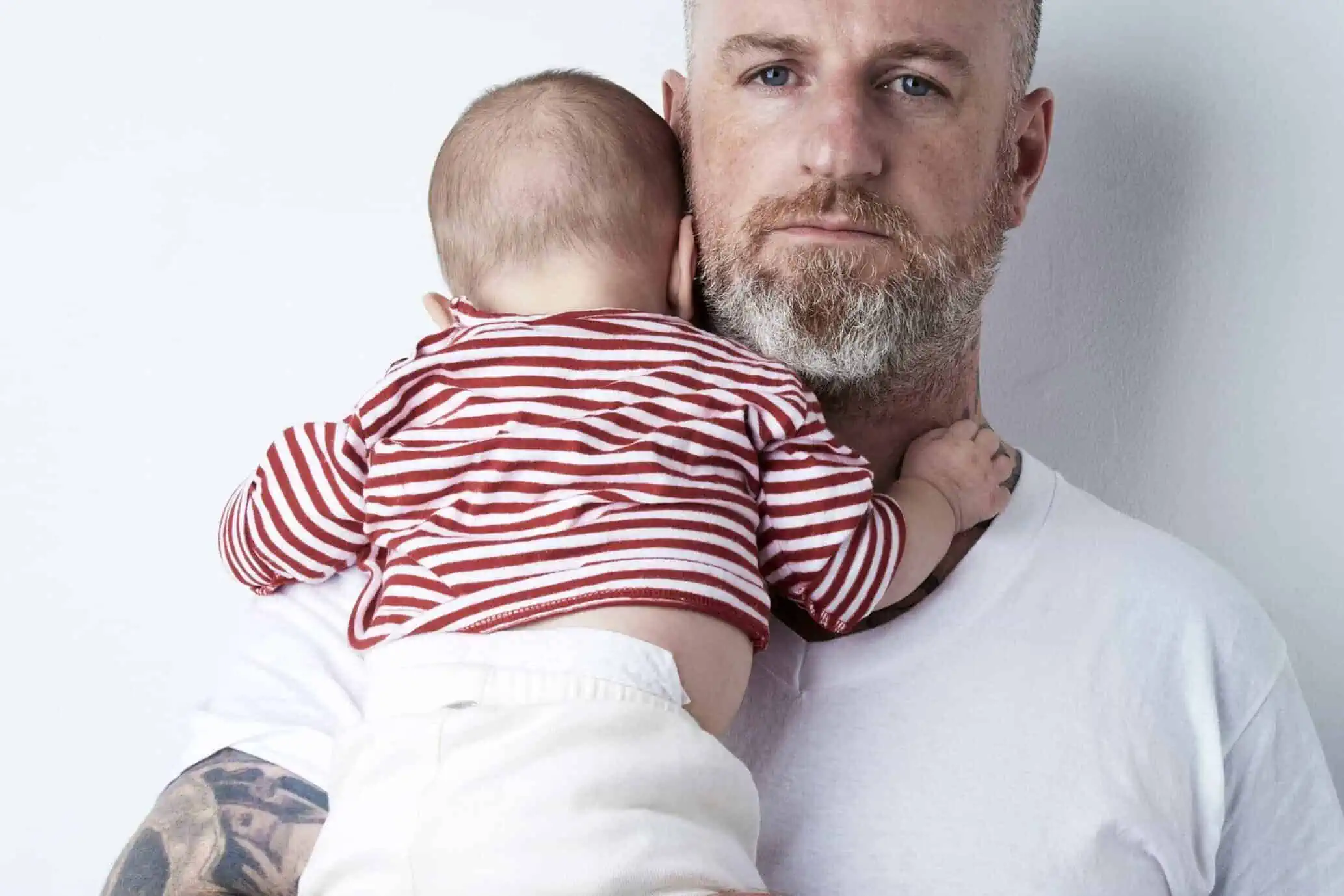Would you rather have your baby waking up five times a night or only taking 30 – 40 minute naps during the day? Getting woken up multiple times a night can be debilitating, but when your baby isn’t getting the sleep they need during the day, it can be just as problematic. This can be a problem for a baby who’s missing out on vital sleep, and for their parent/carer who’s trying to get chores or work done plus get a little bit of “me time”. If this sounds familiar to you, let’s look a little closer at the causes of and solutions to short naps.
One quick but crucial thing to understand before we get started here is that babies, just like the rest of us, sleep in cycles where they go from light sleep to deep sleep and back again. There are a couple of notable differences between adult sleep cycles and baby sleep cycles, but the important one in this case is the length. Baby sleep cycles are shorter, and one cycle typically takes about 40-50 minutes.
1. Baby’s not falling asleep where they’re waking up
Putting your baby down for naps in their own cot in their own room is an important step towards long, restful daytime naps. Imagine if you fell asleep in your bedroom, and then woke up a couple of hours later in your car, or in your living room. Would you be able to fall back to sleep peacefully, or would you need some answers before you could relax again? It’s a similar scenario for babies! When they fall asleep in the car seat or the pram, and then rouse slightly at the end of that first sleep cycle to see they are somewhere different, they can have a very difficult time getting back to sleep as they are often a little confused and frightened!
As much as possible, get your little one into the cot while they’re still awake, and let them fall asleep in the same spot they’ll find themselves when they wake up. Developing that association will help them get back to sleep when they wake up or start to stir after they come to the end of a cycle.
2. Baby’s dependent on a “prop” to get to sleep
This falls along the same lines, but I want to point it out for anyone whose baby might be napping in the cot, but still waking up after only one sleep cycle.
If you’re putting baby down for their naps in their cot, but you’re helping them get to sleep first by rocking, shushing, singing or feeding them to sleep then that creates that same confusion.
While all of those techniques might seem effective on the surface, they’re often a short-term solution to the issue. Baby gets accustomed to those “props” in order to get to sleep, and soon enough, they have a hard time falling asleep without them. So when they go down for a nap, then come to the end of that first sleep cycle, they wake up and need that prop again in order to get back to sleep. And if it’s not immediately available, they can get agitated, start to cry, get themselves worked up, and then getting back to sleep is pretty much impossible.
3. Baby’s too tired to sleep
If baby’s tired, they’ll sleep, won’t they? Well, as with all things in parenting, it’s actually kind of complicated.
There’s a common misconception that the more tired we are, the more our bodies will want to sleep. In fact, when we put off sleep and go into a state of “overtiredness,” our system assumes that we’re staying awake for a reason and does what it can to help us out, bumping up our cortisol production and stopping melatonin secretion, both of which are major hindrances to deep, restful sleep. We want to get baby into the cot when they’re ready for a nap, but we don’t want to keep them awake much longer than that for this exact reason. I know that it can be tough to stick to a baby’s sleep schedule, but if you’re consistently seeing 30-40 minute naps, it might be time to get a little militant about your timing, at least for a couple of weeks.
4. The environment is not quite right
Daytime just isn’t as conducive to sleep as nighttime is so when we are trying to improve naps, the odds are already against us. It’s bright out, there’s traffic, your neighbours might be mowing their lawn and/or the dog is barking at the postman.
The two biggest investments you can make to improve your baby’s sleep environments are white-noise and 10/10 darkness in the room (use blockout blinds or al-foil if needed!)
So for those of you who looked at that “Would you rather…” scenario at the beginning of this post and thought, “I’d take either! My little one wakes up five times a night AND takes short naps during the day,” here’s the really good news. Solving their daytime sleep issues is going to work wonders for your baby’s nighttime sleep issues as well. Learning to self-soothe is a skill they’ll be able to exercise in the nighttime just as well as during the day, and great daytime sleep means baby won’t be overtired at bedtime, which is going to make it easier for them to get to sleep, and stay asleep, through the night.
So there’s no need to choose between nighttime wake-ups and short naps. With a little effort, determination and consistency, the only choice you’ll have to make is what to do with the free time you’ll be enjoying while your baby takes those long, rejuvenating daytime naps. And remember, if you are really struggling check out my sleep packages and let me support you to get the entire family sleeping better.
Related Posts
19 September 2023
False Starts
16 August 2023
The 4 Month Regression
16 August 2023
Sharing The Night Wakes!
16 August 2023




